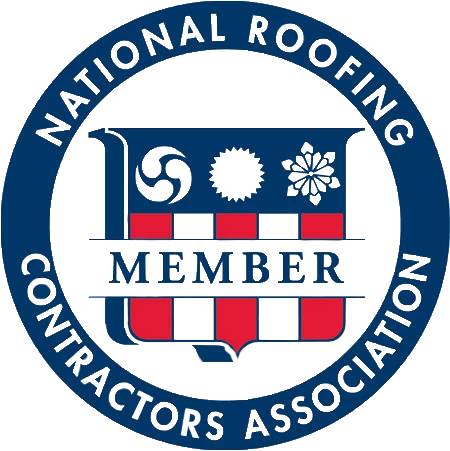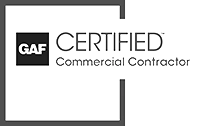Emergency Roof Repair in Atlanta: Who to Call When Disaster Strikes
.webp)
When your roof is compromised by a storm, fallen tree, or sudden structural failure, every minute counts. Water damage spreads quickly, turning a manageable repair into a costly disaster that can affect your home's structure, belongings, and safety. Atlanta's severe weather patterns make roofing emergencies a regular occurrence, not rare flukes.
Understanding what causes these emergencies, how to respond effectively, and who to call can save you thousands of dollars and weeks of stress.
Common Causes of Emergency Roof Damage in Atlanta
Severe Thunderstorms and Wind Damage
Atlanta experiences numerous strong thunderstorms annually, often producing straight-line winds exceeding 50-60 mph. These winds routinely tear off shingles, lift roof flashing, and send debris flying into roofing systems. Heavy rain accompanying these storms exploits any weakness, creating immediate leaks that can cause extensive interior damage.
Hailstorms and Impact Damage
The Atlanta area experiences significant hail activity, with meteorological data showing hail detected near the city on 95 different occasions in a recent 12-month period. While Atlanta doesn't see the massive hail of the Great Plains, quarter-size or larger hailstones regularly bruise shingles, crack tiles, dent metal roofing, and shatter skylights.
Fallen Trees and Debris
As the "city in a forest," Atlanta's abundant tree canopy becomes a liability during storms. Strong winds or saturated soil can topple branches or entire trees onto roofs with devastating force. These impacts can puncture roof decking or collapse entire sections, creating immediate emergencies requiring urgent attention.
Tree-related roof damage is particularly common during Atlanta's storm season. In one recent severe weather event, multiple trees crashed down across metro Atlanta, tearing through homes and power lines.
Tropical Weather Remnants
Though inland, Atlanta occasionally experiences intense wind and rain from weakening hurricanes or tropical depressions. Hurricane Irma in 2017 demonstrated this risk, with strong wind gusts toppling countless trees onto Atlanta-area houses and leaving hundreds of thousands without power.
Sudden Structural Failures
Extreme weather can cause sudden roof collapses or structural failures. Lightning strikes during thunderstorms can ignite fires or blow holes in roofing systems, creating immediate emergencies that require professional response.
Atlanta's Severe Weather: Understanding the Risk
Atlanta homeowners face regular roofing emergency risks due to the area's weather patterns. Recent data shows:
- 81 severe weather warnings in a 12-month span
- 95 occasions of hail detected near Atlanta
- 27 confirmed ground-level hail reports by trained spotters
Spring and early summer represent peak risk periods, with severe thunderstorms capable of producing multiple forms of roof damage simultaneously. A single storm system can generate hail, lightning-induced fires, downed trees, and even tornadoes within a 48-hour period.
Emergency Roof Repair Costs and Timelines
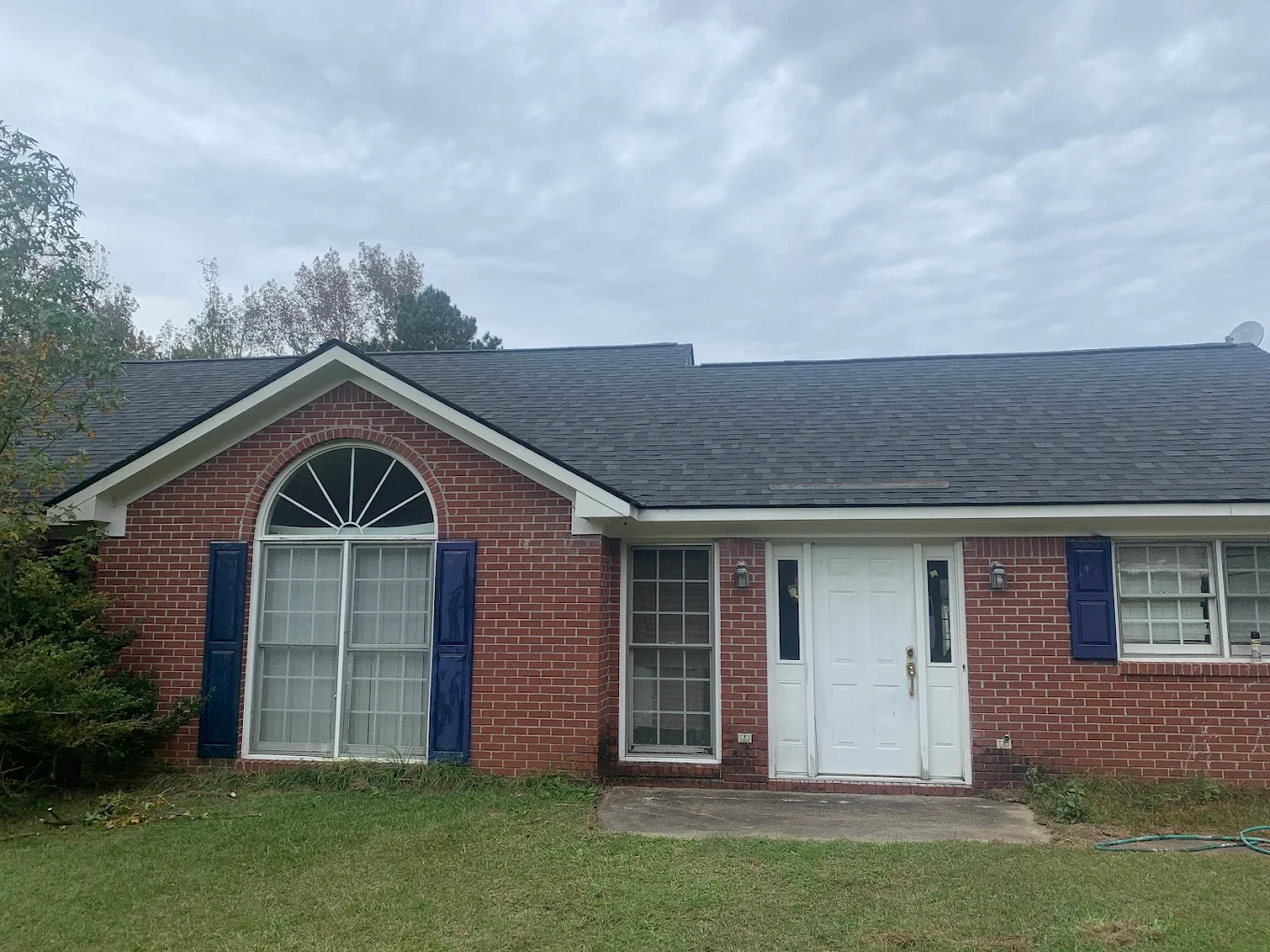
Typical Cost Ranges
Emergency roof repair costs in Atlanta vary significantly based on damage extent:
- Minor repairs: $500-$1,500 for small leaks or limited shingle replacement
- Moderate damage: $750-$3,000 for typical storm-related issues
- Major repairs: $3,000-$10,000 for extensive damage requiring structural work
- Severe damage: $10,000+ for major structural repairs or near-total replacement
Emergency response often comes at a premium due to immediate mobilization, after-hours work, and hazardous conditions. Following widespread storm damage, temporary price increases may occur as demand spikes and materials become scarce.
Factors Affecting Emergency Repair Costs
Several key factors determine final repair costs:
- Damage extent: Patching a single leak versus rebuilding collapsed sections
- Roofing material: High-end materials like slate or tile cost more to repair than standard asphalt shingles
- Roof complexity: Height, steepness, and accessibility affect labor time and safety requirements
- Timing: After-hours or severe weather repairs may carry premium rates
- Market conditions: Post-storm demand can temporarily increase prices
Typical Repair Timeline
Emergency response follows a predictable pattern:
- Immediate Response (0-4 hours): Professional emergency roofers provide initial stabilization, tarping, or temporary repairs to prevent further damage.
- Inspection and Estimate (1-2 days): Comprehensive damage assessment and repair estimate preparation.
- Insurance Processing (3-10 days): Claim filing, adjuster inspection, and approval process.
- Material Procurement (1-3 days): Ordering and delivery of necessary materials.
- Repair Work (1-3 days): Actual repair implementation for most residential projects.
Total timeline typically ranges from 1-3 weeks for insurance-covered repairs, assuming no major complications with weather or materials availability.
Insurance Considerations for Storm Damage
Immediate Steps After Damage
Report damage promptly: Georgia policies typically require reporting within one year, but earlier notification ensures smoother processing.
Document everything: Photograph damage from multiple angles, including wide shots and close-ups. Note date, time, and circumstances of damage discovery.
Prevent further damage: Take reasonable steps to protect your property, such as tarping exposed areas. Save receipts for emergency measures as these costs are often reimbursable.
Working with Insurance Adjusters
Most homeowners' insurance policies cover sudden roof damage from storms, falling objects, and similar covered perils. Having a professional roofing contractor inspect damage before or alongside the insurance adjuster can be invaluable.
Experienced contractors can identify damage an untrained eye might miss and provide documentation that supports your claim. They can also meet with adjusters on-site to ensure nothing is overlooked during the inspection process.
Understanding Your Coverage
Review your policy's specifics before disaster strikes:
- Know your deductible amount
- Understand replacement cost versus actual cash value coverage
- Check for separate wind/hail deductibles
- Verify coverage for code upgrades and permits
Local Building Codes and Permit Requirements
When Permits Are Required
The City of Atlanta requires building permits for significant roofing work but exempts minor repairs. No permit is needed for repair work on residential properties valued under $10,000, including non-structural roof repairs like basic shingle replacement.
However, major repairs and full roof replacements require permits. This includes:
- Structural repairs involving trusses or decking
- Complete roof replacements
- Repairs exceeding $10,000 in value
Emergency Work Exceptions
True emergencies allow for immediate stabilization work before permits are obtained. Georgia law permits emergency actions to secure structures, with proper permits obtained as soon as practical afterward.
Why Permits Matter
Skipping required permits can lead to serious consequences:
- Insurance coverage issues for future claims
- Problems during home sales
- Safety concerns from uninspected work
- Potential fines and required retroactive permitting
Choosing the Right Emergency Roofing Contractor
Essential Qualifications
When disaster strikes, verify that your emergency roofing contractor has:
- Proper Georgia state licensing
- Current liability and workers' compensation insurance
- Local business presence and references
- Experience with insurance claims processes
Red Flags to Avoid
Be cautious of contractors who:
- Arrive unannounced after storms
- Demand full payment upfront
- Lack local references or licensing
- Pressure you to sign immediately
The Right Hand Roofing Advantage
Right Hand Roofing & Gutters understands Atlanta's unique weather challenges and building requirements. As a family-owned, locally operated company serving Georgia homeowners since 2005, we provide:
- 24/7 emergency response for urgent roofing situations
- Comprehensive insurance support including claim documentation and adjuster communication
- Local expertise in Atlanta building codes and permit requirements
- Licensed and insured operations with full warranty backing
Our team has helped thousands of Atlanta-area homeowners navigate storm damage repairs, working directly with insurance companies to ensure fair coverage and quality restoration.
When to Call for Emergency Roof Repair
Don't wait if you notice:
- Active leaks or water stains on ceilings
- Missing or severely damaged shingles
- Holes or punctures in the roof
- Sagging or structural damage
- Storm debris on or through the roof
Time is critical in emergency situations. Delaying repairs even by hours can lead to escalating damage including water penetration, mold growth, and structural deterioration.
Contact Right Hand Roofing
Emergency roof repair in Atlanta requires immediate action, proper documentation, and experienced professionals who understand local conditions. While the stress of sudden roof damage can be overwhelming, knowing what to expect and having a trusted local contractor to call makes all the difference.
Right Hand Roofing & Gutters stands ready to respond when disaster strikes your Atlanta home. Our emergency response team understands the urgency of protecting your family and property, and we're equipped to handle everything from initial damage assessment to complete restoration.
For immediate emergency roof repair in Atlanta, contact Right Hand Roofing & Gutters at 678-840-2255. We're available 24/7 to protect your home when you need us most.




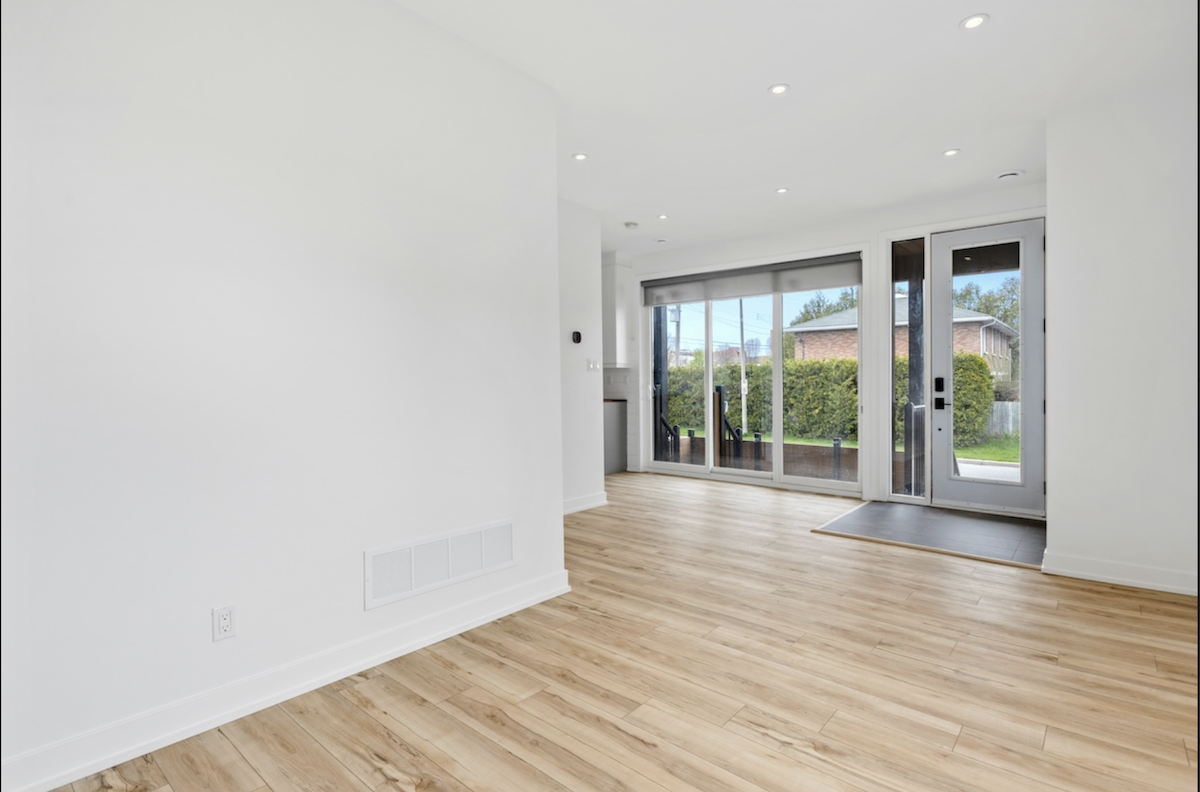
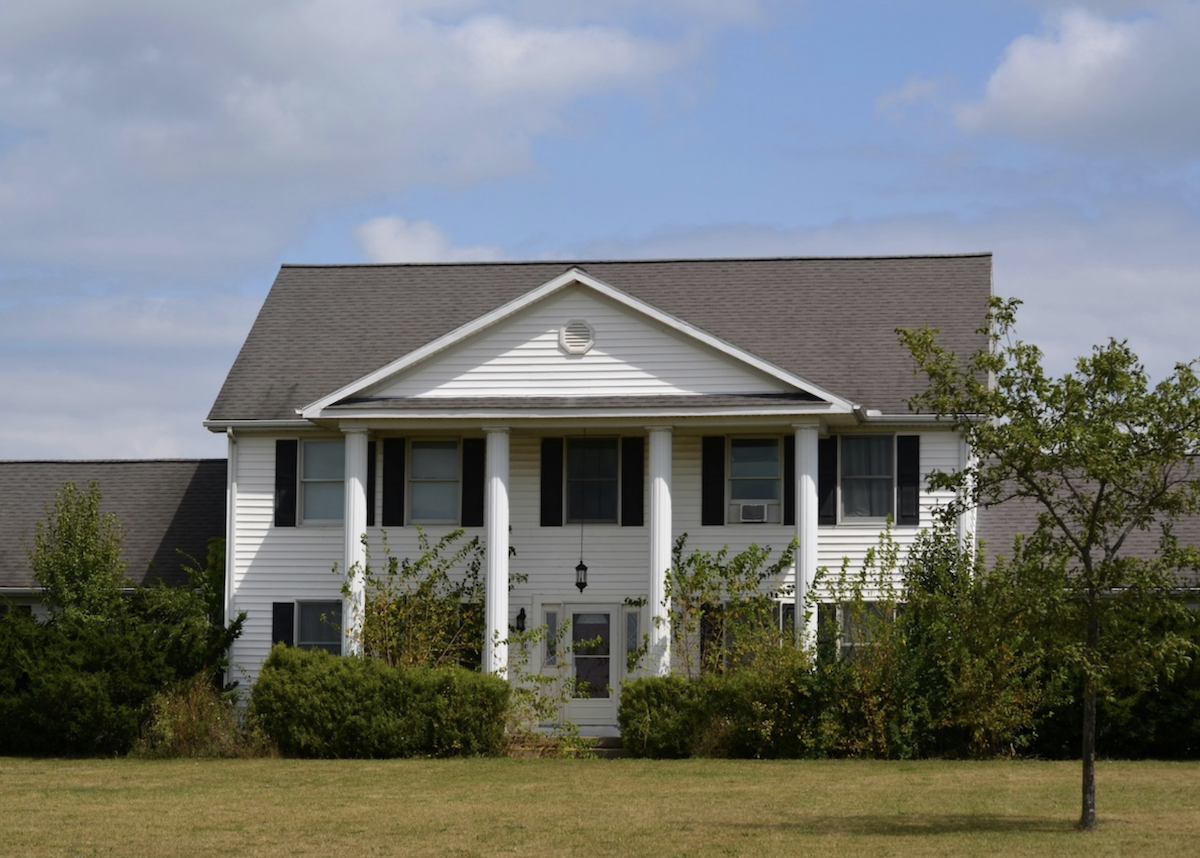
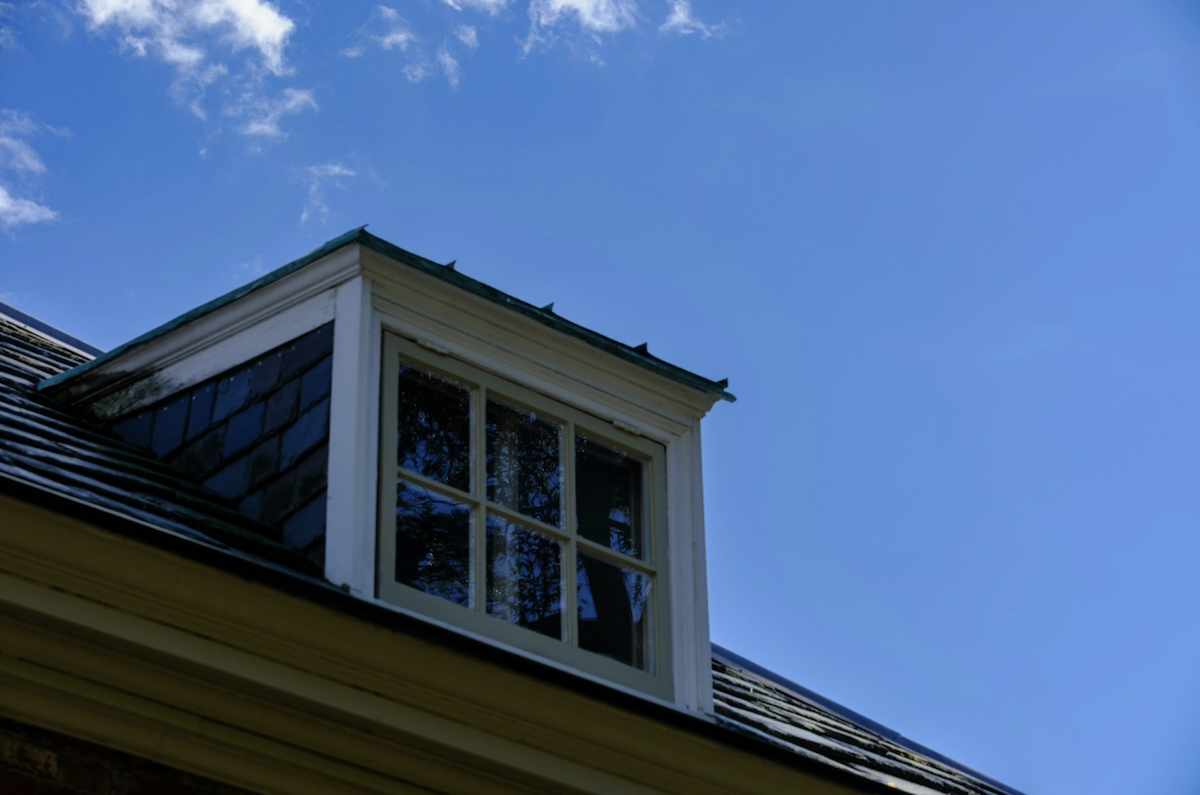


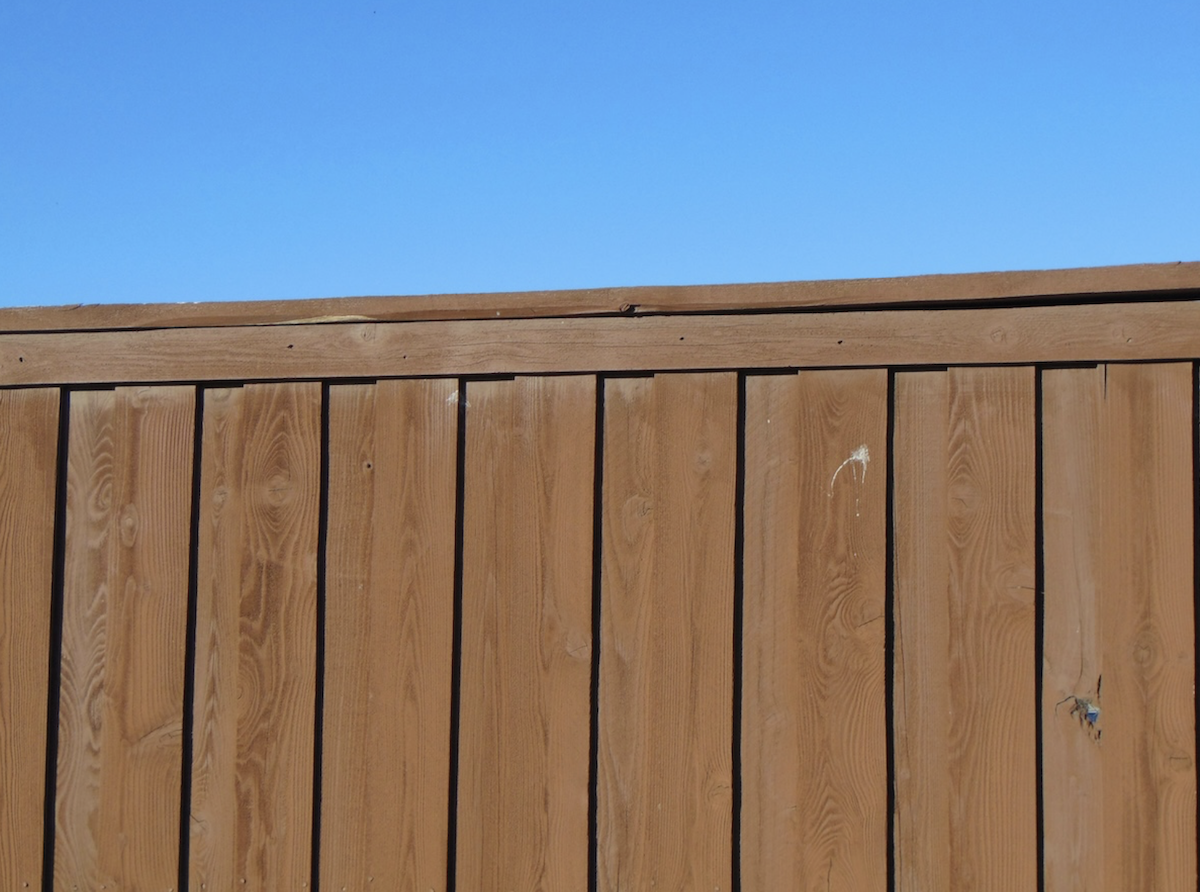

.webp)
.webp)
.webp)
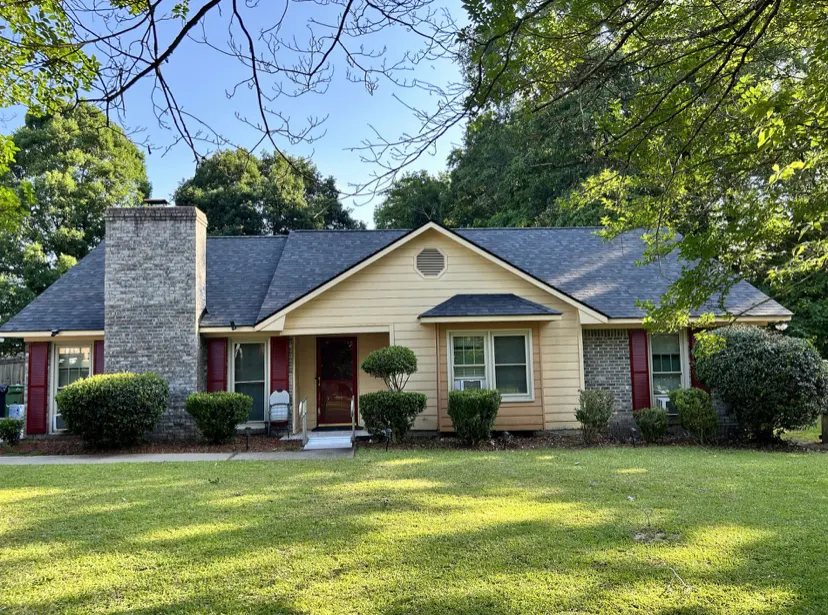
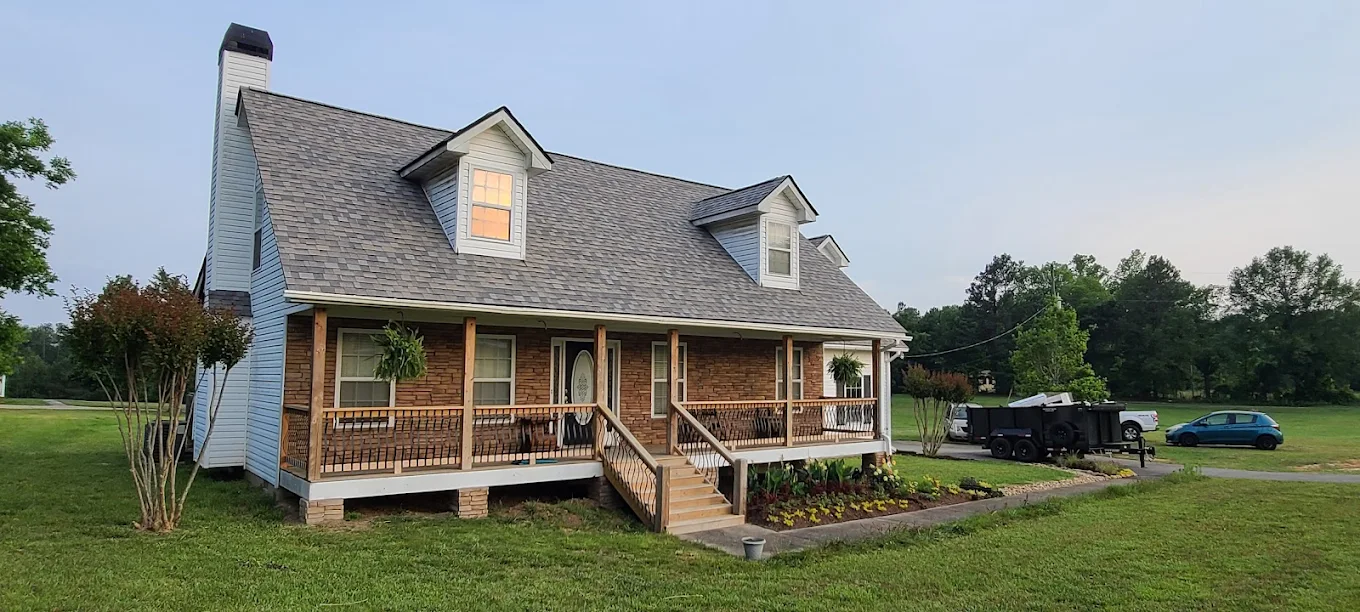
.webp)
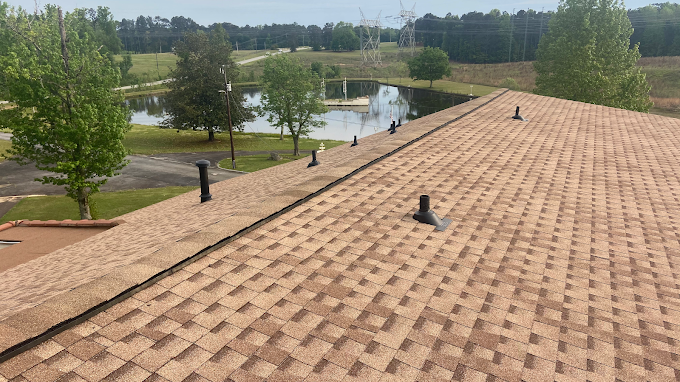
.webp)



.webp)
.webp)
.webp)

.jpg)






.jpg)










